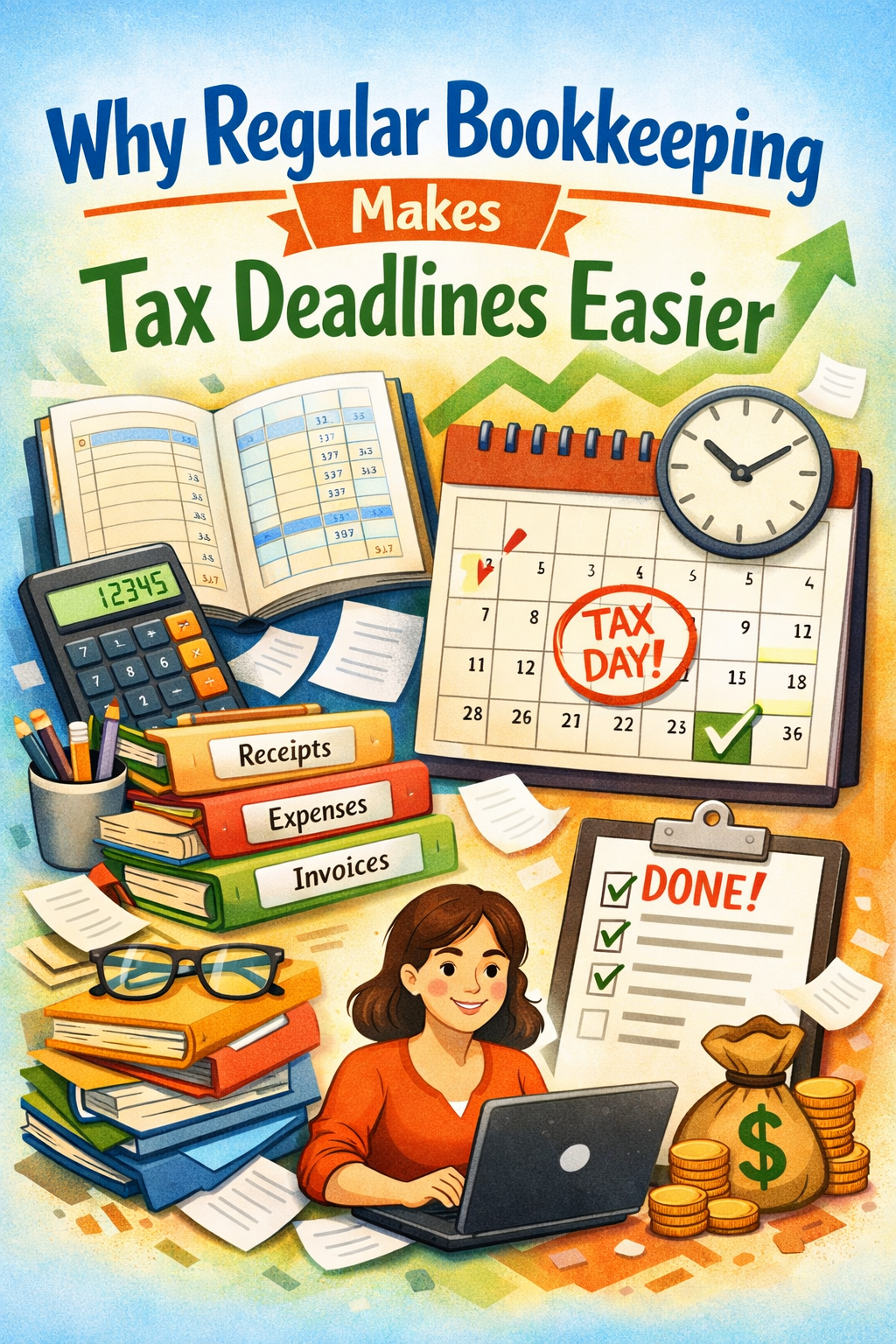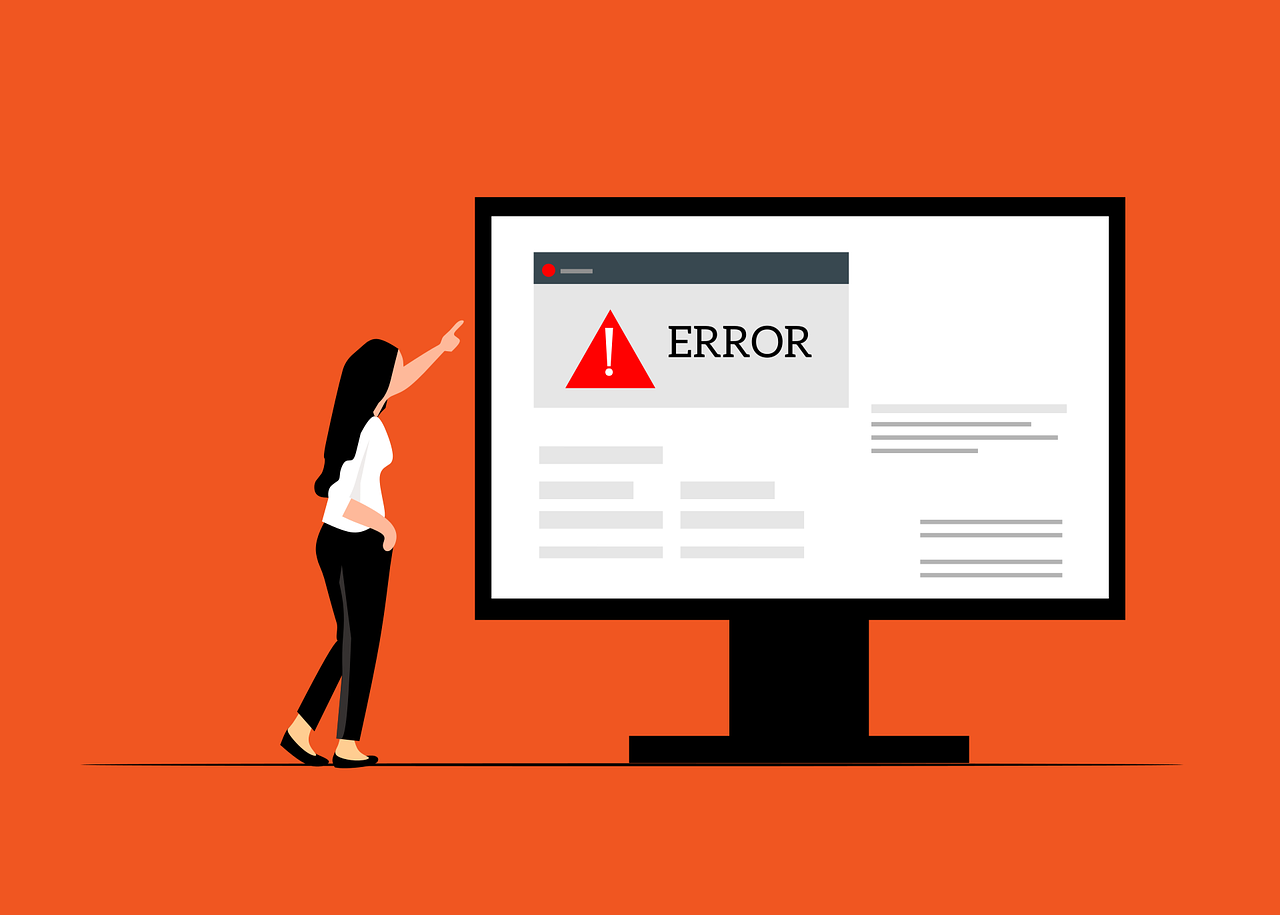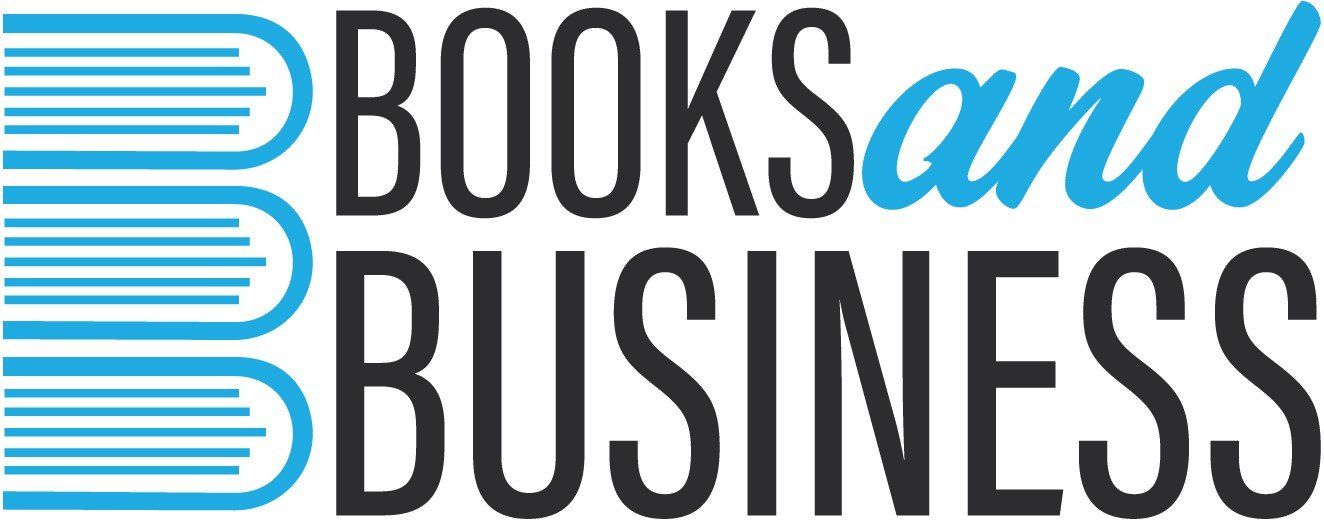Spring Budget 2024 Highlights
Last week Chancellor Jeremy Hunt delivered his Spring Budget:
• Employee National Insurance sees a 2% reduction: Starting April 2024, the new NI rate will be 8%, down from the previous 10% (initially 12%).
• Further reduction in Class 4 NICs: As of April 2024, there will be an additional 2% reduction in Class 4 National Insurance contributions (originally 9%, now 6%) applied to profits ranging from £12,570 to £50,270.
• Increased High Income Child Benefit Charge threshold: Effective April 2024, the highest earning parent can now earn up to £60,000 to qualify for full child benefit, compared to the previous limit of £50,000.
• Pension lifetime allowance abolished: As of April 2024, the current £1,073,100 lifetime limit before a pension becomes taxable will be eliminated.
• Introduction of the British ISA: A new tax-free £5,000 ISA allowance for investment in UK equities is introduced from April 2024, supplementing the existing £20,000 allowance.
• Reduction in Higher Rate Capital Gains Tax: Starting April 2024, individuals earning over £50,270 will experience a 4% cut in Capital Gains Tax, decreasing from 28% to 24%.
• Scrapping of Furnished Holiday Lettings tax regime: From April 2025, landlords will no longer be allowed to deduct mortgage interest payments from their rental income.
• Withdrawal of Stamp Duty relief for multiple dwellings: Individuals looking to purchase additional properties will no longer be eligible for stamp duty relief.
• Increased VAT threshold: Effective April 2024, the threshold for small businesses to register for VAT is raised from £85,000 to £90,000.
• Frozen Alcohol and Fuel Duty: The current freeze on alcohol duty is extended until February 2025, and fuel duty cuts remain in place for another year.




